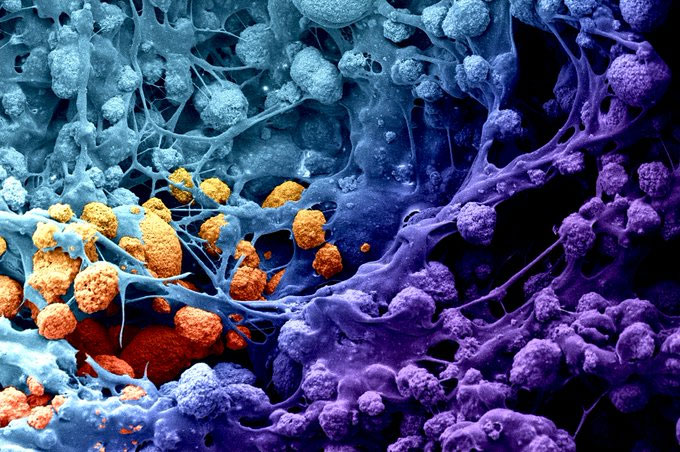Exploring the genomes of the microbes we live with also allows us to discover the molecular tools they use to aid or attack their hosts or to fight each other, knowledge that can act as a pathway to well-being.


Exploring the genomes of the microbes we live with also allows us to discover the molecular tools they use to aid or attack their hosts or to fight each other, knowledge that can act as a pathway to well-being.